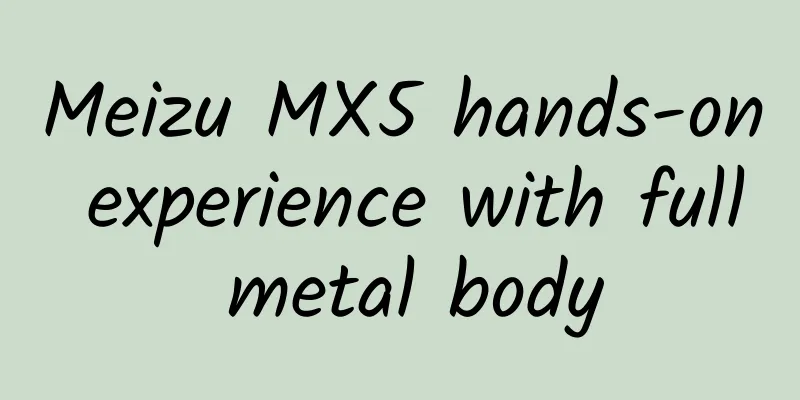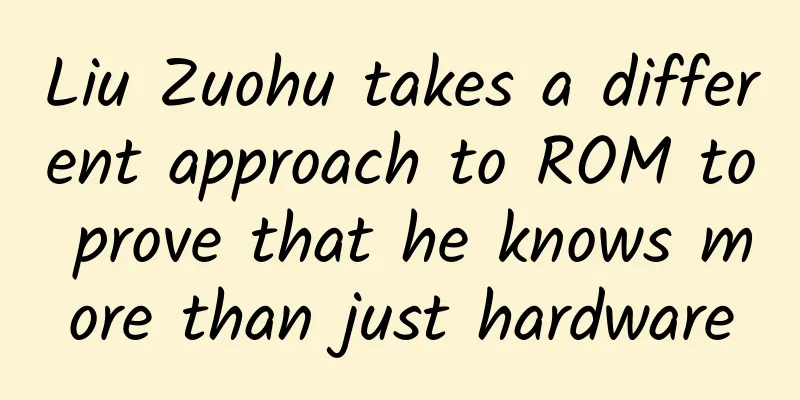Why do the Baidu Encyclopedia entries I write always fail to pass? How to write Baidu Encyclopedia entries?

|
Anyone can edit Baidu Encyclopedia entries, and entry creation and modification are free of charge. Baidu Encyclopedia receives an average of more than 50,000 entry applications every day, but not every application is approved. How much do you know about the rules for entry application? Why do the Baidu Encyclopedia entries I write always fail to pass? How to write Baidu Encyclopedia entries? Let’s follow Feng Chao from Dongguan to find out more! Why do the Baidu Encyclopedia entries I write always fail to pass? How to write Baidu Encyclopedia entries? If you encounter this situation when editing an entry: You may have encountered the following problems: 1. Inventory of reference materials 1) Lack of reference materials The content of Baidu Encyclopedia is required to be objective and true. The content written into the entry needs to be supported by reference materials, and all the content can find corresponding descriptions in the reference materials. Unverifiable content is not suitable for inclusion in Baidu Encyclopedia. For example: A user creates an entry for a company and fills in the relevant information but does not attach any reference materials. 2) The source of reference materials is not authoritative References to authoritative sources include, but are not limited to: ● Mass media with wide influence ● Professional website The following sources are not considered authoritative sources: ● Self-media content: Weibo, WeChat, blogs, forums ● User uploaded content: Encyclopedia, document library ● Web page content: Web pages marked with self-media sources and disclaimers, corporate yellow pages, etc. For example, a user edited an entry for “Warcraft” and the content was roughly as follows: “Warcraft[1] was first released in 1994, and its production company was the famous Blizzard.” [1] Sourced from a personal Weibo account Reason for failure: The reference source is not authoritative. Personal Weibo cannot be used as an authoritative source of information. Information sources should be replaced by professional websites, mass media, etc. 3) The reference materials do not correspond to the content The basic principle for reference materials in encyclopedia entries is that the reference materials attached by users must match the content written in the entry. Reason for failure: The reference material does not correspond to the content. A paragraph written in the main text is marked as having reference materials, but the reference materials do not contain this information, which is unsourced content. 2. Inventory of entry content issues 1) The content contains promotional content For example, a user creates an entry for a company, and one of the entries is "The company is located in Chaoyang District, Beijing, and the contact number is 185-3333-XXXX." 2) The content is suspected of exaggerating the description Reason for failure: The content is not objective and is suspected of exaggeration. Objective content means describing the mistake as it actually is, without adding any personal opinions. 3) Low relevance between content and entry topic For example, a user edits the entry "Jay Chou", and the general content of one paragraph is "The background of Jay Chou's creation of "Blue and White Porcelain" is..." Reason for failure: The content has low relevance to the entry topic. Baidu Encyclopedia is an encyclopedia, not the Sikuquanshu, and it should answer the questions that everyone is most concerned about. 3. Inventory of other types of problems 1) Irregular entry names Each character and mistake should have one and only one standard entry name. The creator uses the standard name to create the entry, and multiple editors write and edit the standard name. The standard entry name should be the full name of a person, the full name of a company, etc. Compound words cannot be used. For example: A user creates the terms "Prince Hui Zhao" and "Gymnast Li Ning", but the term "Li Ning (Prince Hui Zhao of the Tang Dynasty)" already exists. Reason for failure: "Prince Hui Zhao" is a title, and the full name of the proprietary concept is not used. This problem can be solved by merging synonyms, that is, a jump relationship. "Gymnast Li Ning" results in the repetition of polysemous words. The correct meaning name needs to be used as a marker for splitting. The meaning name should be placed in brackets after the entry name, and changed to "Li Ning (gymnast)" 2) Incorrect internal links Internal links are links in encyclopedia entries that point to other encyclopedia entries. The key is for users to be careful when editing entries. For example: When a user writes "Azalea", the added internal link is to "Cuckoo (bird)" Reason for failure: Wrong meaning. When an internal link entry has multiple meanings, you need to choose the correct one. |
>>: How authoritative is Baidu Encyclopedia? Is Baidu Encyclopedia authoritative?
Recommend
Are mercury thermometers really dangerous? In terms of "mercury absorption", he has endured too much...
I believe everyone is familiar with mercury therm...
Low-speed electric vehicles: Regulations are becoming clearer and it is time for capital to enter the market
"Three months ago, I was an official, and no...
In the past 80 years, the alpine shrub line of the willow genus on the Qinghai-Tibet Plateau has climbed 59.3 meters!
Recently, the Ecosystem Pattern and Process Team ...
Is it funding or technical issues that make it so difficult to return to the moon 50 years after the Apollo program?
For a long time, doubts about the Apollo manned m...
Learn movie editing in 7 days on Tik Tok (including a full set of video tutorials), and get a little money-making trick every day!
I don’t need to say much about the Tik Tok movie ...
Does Tudou.com need authorization to use Renren Films subtitles?
Recently, Renren Film Subtitle Group posted a mic...
Double 11 surprise task red envelope, how to use the Double 11 surprise task red envelope?
How to use the surprise task red envelopes on Dou...
【Marketing Case】10 April Fools' Day Creative Marketing Cases✔
Let’s take a look at the new tricks of brands on ...
Why is it that dumplings are an indispensable part of every northern Chinese New Year meal?
Audit expert: Wang Guoyi Postdoctoral fellow in N...
You must visit Kashgar in your life!
This is the motherland One of the most western re...
Why are some tigers white? Few people know the truth behind this...
This article was reviewed by Zhao Xumao, a young ...
Why is toilet paper embossed? It’s because…
Reviewer of this article: Zhou Xiaobo, Doctor of ...
Zhihu product operation analysis
From a vertical knowledge community loved by prof...
So disgusting! These 8 things are very dirty and you may use them every day without knowing it!
Towels, toothbrushes, rags, chopsticks and other ...
6 classic advertising creative templates
Advertisements have two basic attributes: First, ...









